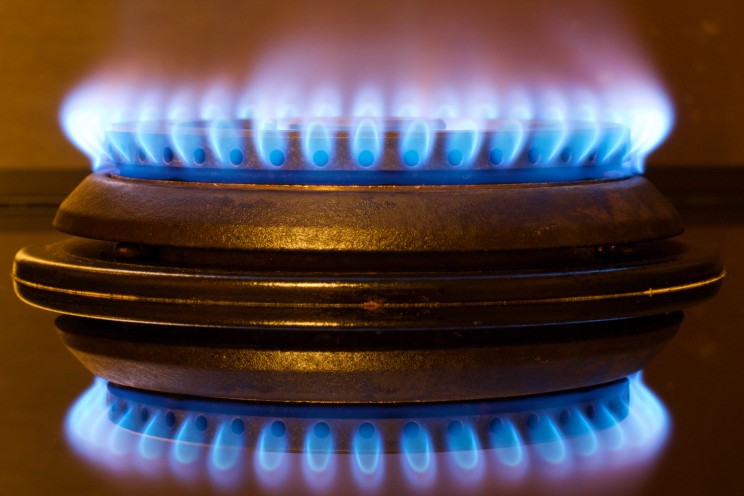
Staying at home naturally means consuming more electricity, more water and more gas. What is the impact of the COVID-19 emergency on the household bills of Italians?
While the stop to production activities has led to a drop in the cost of raw materials related to electricity and gas, this does not automatically mean a reduction in energy bills. According to Facile.it there are many residents in Italy who, on the contrary, due to the obligation to stay at home and the consequent increase in consumption, could see their monthly spending rise.
In addition to paying attention to possible waste, is it possible to avoid unnecessary spending? Let's have a look at this short guide.
Pay attention to the price: fixed or indexed?
The decrease in the cost of raw materials does not necessarily translate into a reduction in energy bills, so the first advice for those who are in the free market is to check your supply contract. If you have a contract with a fixed price offer you should be careful: the cost of the energy component of the bill is blocked at the subscription and does not change until the term of validity, normally fixed at 12 or 24 months. In this case, therefore, nothing will change for the customer from the point of view of tariffs and if you do not keep consumption under control, the bill may even increase.
Those who have an offer at an indexed price, on the other hand, could see, already in upcoming bills, a decrease in the cost of the energy component. This item, in this type of contract, varies periodically according to some reference indices, often linked precisely to the trend in the cost of raw materials which, when they fall, determine a lowering of the weight of the bill. Be careful, however, because the reference index may differ from operator to operator. You, therefore, need to make sure that your contract is linked to the indices that are decreasing at the moment.
Consider switching to the free market
Although there is still more than a year left before the end of the increased protection in the electricity and gas sector, the current period may be the right one to consider moving to the free market. Some suppliers in this sector apply a lower cost of the energy component than the protected one, so it is likely that, in order to remain competitive, many will significantly reduce their tariffs in the coming weeks.
Switching to the free market in the next few weeks, therefore, could not only secure a competitive price, but also block it for the duration of the contract, while protected tariffs will vary again on 1st July and it is not known whether they will continue to fall or rise again.
Consider changing operator
Even for those who are already in the free market with a fixed price offer, the advice is to keep an eye on your electricity and gas bills and consider a possible change of supplier. Following the fall in the cost of raw materials, it is expected that in the coming weeks some operators will offer new customers significantly lower electricity and gas prices than at present. For those who have signed a contract in the free market in the past, changing company could mean more favourable conditions which could be blocked until the deadline set by the new supplier.
Assess your own dual hourly rate
In recent weeks, the lifestyle of people living in Italy has undoubtedly changed and, in the same way, the obligation to stay at home may have changed the time slots in which electricity and gas consumption is concentrated. Those who had opted for a two hourly rate, with a discounted cost of the price of energy in the evening bands for example, could therefore see an increase in the final cost of the bill precisely because of the change in domestic habits. In order to avoid unnecessary spending, the advice is to pay attention to your new consumption patterns and, if necessary, consider switching to a single-day rate or, again, to change the two-day rates by opting for a discount during the day rather than in the evening.
No service disruptions in the case of change of operator
The fear that often jumps into people's minds when changing energy operator is related to possible interruptions in the service. The good news is that this fear is unfounded because the switchover does not in any case lead to a stop in the supply of electricity or gas.